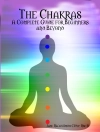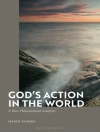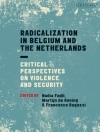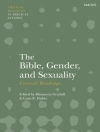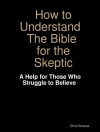Three convictions underlie this book. The first is that an educated Catholic laity needs to understand a good deal more about Catholic philosophical thought than it does now. The warring partisans on the great issues that engage our culture and politics presuppose the truth of some philosophical theses and the falsity of others. Second, argues Mac Intyre, Catholic philosophy is best understood historically, as a continuing conversation through the centuries, in which we turn and return to the most important voices from our past. Third, philosophy is not just a matter of propositions affirmed or denied but of philosophers in particular cultural and social situations interacting with each other in their affirmations and denials, in their argumentative wrangling.
This is the context for a book of vital importance and interest for anyone involved with education in a religious context. But from someone with Mac Intyre”s authority and reputation, the reader can expect something extremely perceptive about the role of religion in modern culture and society as a whole. The reader will not be disappointed.
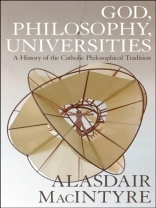

![का आवरण Paul C. Jong: Woba waravyawe ubwa kabiri vy'ukuri n'amazi na Mpwemu? [Igisomwa gishasha casubiwemwo] का आवरण Paul C. Jong: Woba waravyawe ubwa kabiri vy'ukuri n'amazi na Mpwemu? [Igisomwa gishasha casubiwemwo]](https://static.worldofdigitals.com/thumb_webp/095/9788928225095.webp)
